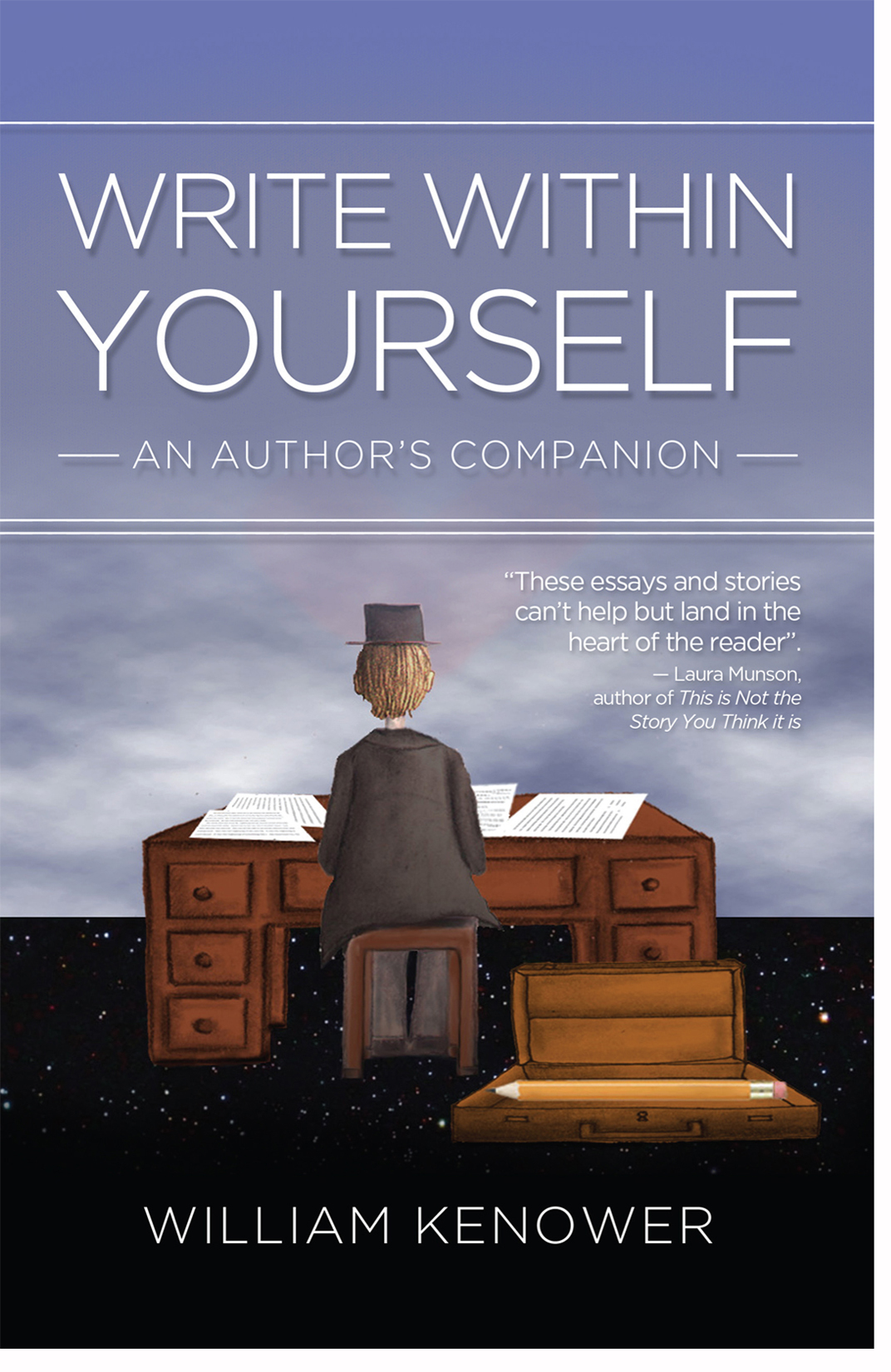Form and Substance
One of my favorite writing stories is one Gary Zukav told me about the first time he tried to write. Zukav decided he wanted to be a writer. So he bought a book on How To Be A Writer, read it, sat down at the typewriter one day, rolled up his sleeves – and realized he had nothing he wanted to write about. That was the end of his first attempt. A few years later he met some physicists who were discussing quantum physics. He thought it was fascinating. So fascinating, he kept hanging around with them, even though he was not a scientist and had never liked math. Eventually, he wrote The Dancing Wu Li Masters, which became a bestseller and won the American Book Award for Science, and his life as a writer and spiritual teacher was born.
It’s a great story, but in a way, it’s every writer’s story. Writing is only a form of expression. Like a lot of writers, Zukav recognized it as a form that would serve some greater need for him. But like some writers, he at first mistook the servant for the master, he mistook form for substance. The act of writing itself has no substance whatsoever. It has no inherent direction. Go wander a library and notice all the books there. Each is its own direction. The directions writing can take us are literally limitless – a fact that requires us to make some rather definite choices.
It is not always easy to make these choices. If you are an adult person, you have probably spent a lot time navigating the world of form – the form of jobs, the form of relationships, and the form of books themselves, these objects you can hold in your hand, and on whose cover you might one day like to see the form that is your name. This world of form seems to be where you live and love and succeed.
But to make the choice a writer must make, you must eventually direct your attention elsewhere, away entirely from the world of form and toward that which desires to be given form. It is a blessedly happy moment when you at last perceive writing and life’s true substance, but if you are like me, this choice comes with some trepidation. It can feel as if I am asking myself to walk blindly, to take my eyes off the hard edges of the world that so wounded me when I become distracted. In truth, it was the world that distracted me in the first place, and to seek writing’s source is to teach myself to see.
If you like the ideas and perspectives expressed here, feel free to contact me about individual and group coaching.
Write Within Yourself: An Author's Companion.
"A book to keep nearby whenever your writer's spirit needs feeding." Deb Caletti.
You can find William at: williamkenower.com


